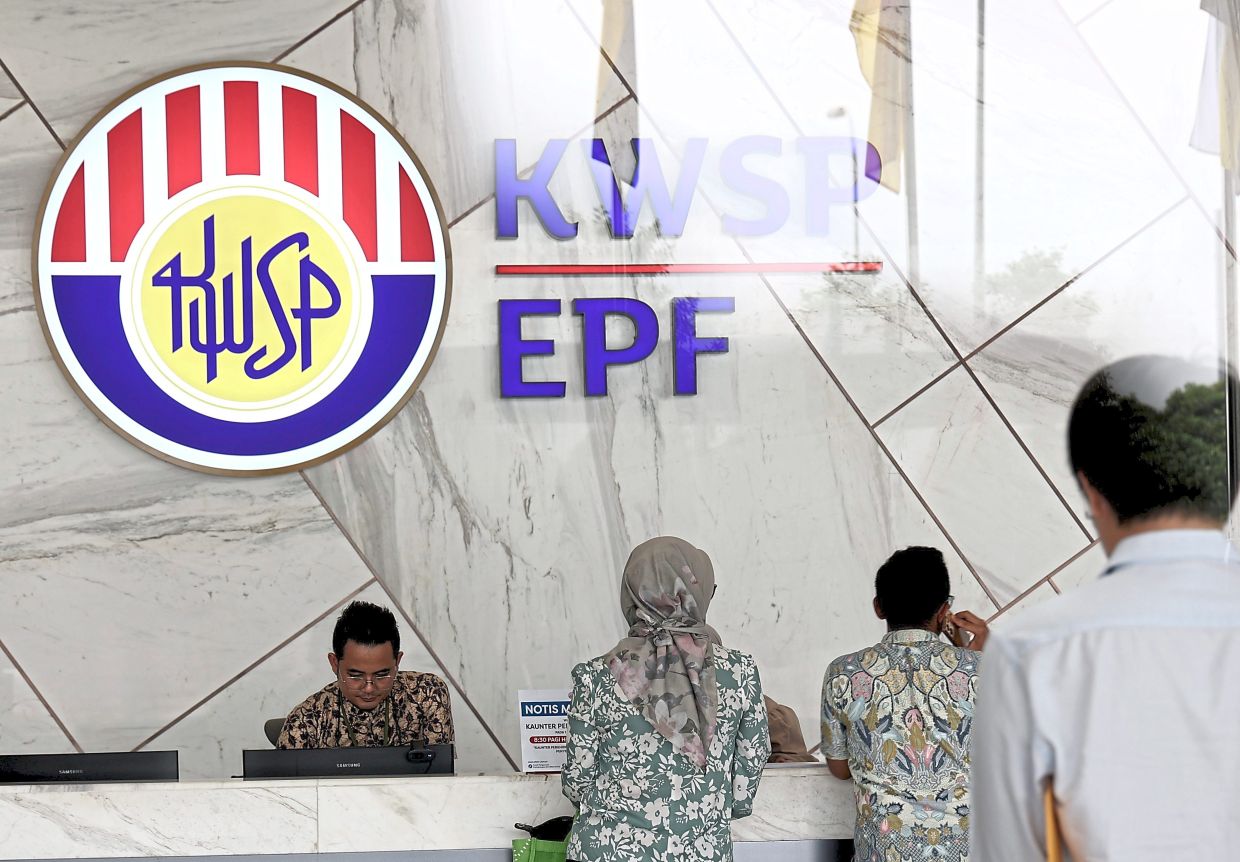PETALING JAYA: Seniors are pushing back against the World Bank’s proposal to raise the Employees Provident Fund (EPF) withdrawal age to between 65 and 70.
Some economists support the move, but said the implementation should be done with caution.
ALSO READ: EPF voluntary contributions reach RM14.13bil from 1.12 million members
R. Ravi, 62, a personal driver, said the government should retain the withdrawal age at 55 and not extend it.
“When we reach a certain age, there are other priorities that we need to attend to, like planning for our children’s wedding or arranging money for them to study overseas,” said Ravi, who has been contributing to EPF since age 18.
“We shouldn’t be restricted from taking out the money sooner,” he said, adding that with age catching up, it would be troublesome for seniors to head to the EPF office in their golden years.
He added that the current scheme, which allows members to withdraw up to one-third of their savings at 50, was already a good starting point.
A retired secretary who wants to be known as Jennifer, 61, said she does not agree with the World Bank proposal to delay withdrawal of EPF at 65 as she will need money to support her children’s tertiary studies.
ALSO READ: EPF to auto-enrol non-Malaysian employees from October 2025
“I took out money from my EPF to pay for my children’s education in college and also to pay for my expenses,” she said.
“My daughter recently got a new car, I also used some money to pay for the down payment. These are all expenses that parents usually shoulder for their children with their EPF money.”
Jennifer said the withdrawal age for EPF should remain at 55, as many people her age are still active and want the freedom to use their savings for early retirement and personal plans.
Meanwhile, economists said that any change to the EPF system must be implemented cautiously as well as aligned with retirement realities.
Prof Mohd Nazari Ismail of Universiti Malaya said it would be unreasonable to extend the EPF withdrawal age to 65 if the official retirement age remains at 60.
“Retirees need access to their savings to supplement their pension. Some may have married late and still have children in school or university, so they continue to bear financial burdens,” he said.
He added that restricting access to savings could erode public trust.
“Not allowing withdrawals will leave retirees under debt pressure, especially since many still carry unpaid loans into retirement. What’s needed is better financial education and a culture of saving, not stricter withdrawal rules,” he said.
Bank Muamalat Malaysia Bhd chief economist Dr Mohd Afzanizam Abdul Rashid said raising the withdrawal age to 60 makes sense as it would align with the current retirement age.
“The current full withdrawal at 55 has been in place for decades and no longer matches Malaysia’s employment structure,” he said.
However, he suggested that the adjustment be introduced gradually, starting on a voluntary basis.
“There must be active engagement with stakeholders to manage expectations among EPF members,” he added.
Sunway University economist Prof Yeah Kim Leng agreed that raising the EPF withdrawal age is a reasonable step forward, though flexibility must be maintained.
“Given that many contributors deplete their savings within three to five years, a compromise could be to convert half of the amount into an annuity account for continued financial security,” he said.
“Still, flexibility should be given for special cases, which can be managed through EPF’s established expertise in retirement planning.”
According to a news report, the World Bank had suggested increasing the withdrawal age for EPF from 55 to between 65 and 70.
They claimed the current age is too low and that a gradual increase would ensure the sustainability of Malaysia’s social protection system, while allowing retirees to enjoy larger pension benefits.
It also said the current social pension eligibility age of 60 is below most countries’ standards and no longer aligns with the nation’s improved healthy life expectancy.
According to an analysis done by the World Bank on Malaysians’ household income and spending, from government data in 2022, the result showed that the risk of poverty increases with age.
Hence, the World Bank said that raising the eligibility age could also help better target support to elderly citizens who truly need it.

